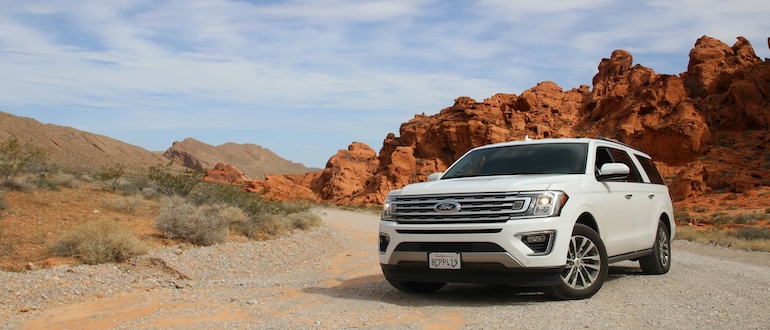
Baidu Inc.’s smart driving unit, Apollo, and local Chinese auto rental firm Car Inc. are collaborating on what they call a “first-of-its-kind” service for on-demand self-driving vehicles.
The autonomous vehicle agreement, signed late last week and set to debut in the second quarter of this year, is to “jointly promote the application of autonomous driving technology” in cities across China, Apollo said in a statement.
The service — aimed primarily for the elderly, unlicensed drivers, international visitors, and people with disabilities — will be refined based on user feedback as it is rolled out, the companies said.
As currently constructed, customers would book Apollo-powered autonomous cars around flexible time slots. The cars, powered by Baidu’s cutting-edge artificial intelligence (AI) driving technology, would transport passengers to city landmarks and tourist hotspots.
Baidu’s Apollo unit will integrate its open-source software and hardware stack for cloud data services, perception, planning and vehicle control with Car’s nationwide fleet operations.
Yunpeng Wang, vice president of Baidu’s Intelligent Driving Group, framed the service as a benchmark model for autonomous driving in the cultural tourism rental service industry, with a safe, efficient and personalized ride experience.
While Google’s Waymo and other robotaxis traverse the streets of San Francisco, Phoenix, Los Angeles, and Austin in testing mode, presaging a new era of domestic transportation, Tesla Inc. is readying its Cybercab for general release in the next few years.
The deal in China, however, represents a key development in last-mile transportation and could serve as a template for autonomous mobility services worldwide, opening new markets and significantly raising investor (and consumer) confidence in AI-driven transport solutions.
Investors will watch for the service’s pilot launch metrics user adoption, safety records and regulatory feedback and gauge how quickly Baidu and Car can scale the model across major Chinese cities. [In an analysis of more than 56.7 million miles of driving data, Waymo’s fleet boasted a significantly lower collision rate than human drivers, according to a report by InsideEVs last week. The data was collected from 31.1 million miles in Phoenix, 18.2 million miles in San Francisco, 6.4 million miles in Los Angeles, and 800,000 miles in Austin.]
Representatives of both Baidu and Car have vowed to plow resources into industry standards for safety, stability and reliability, aiming to fast-track large-scale autonomous vehicle deployments across diverse scenarios.

